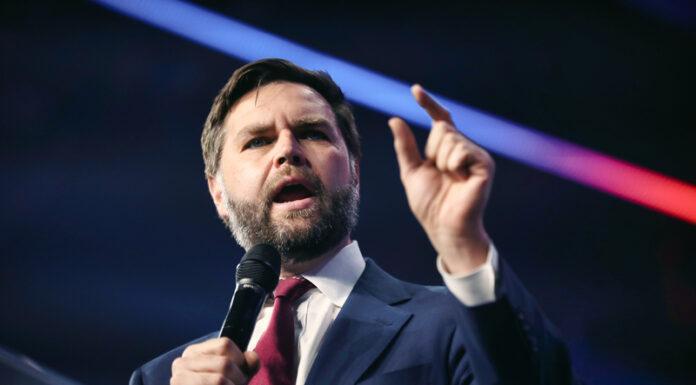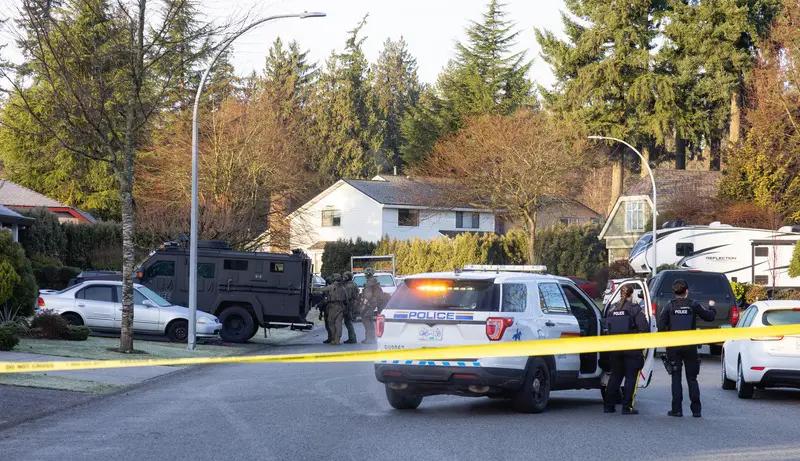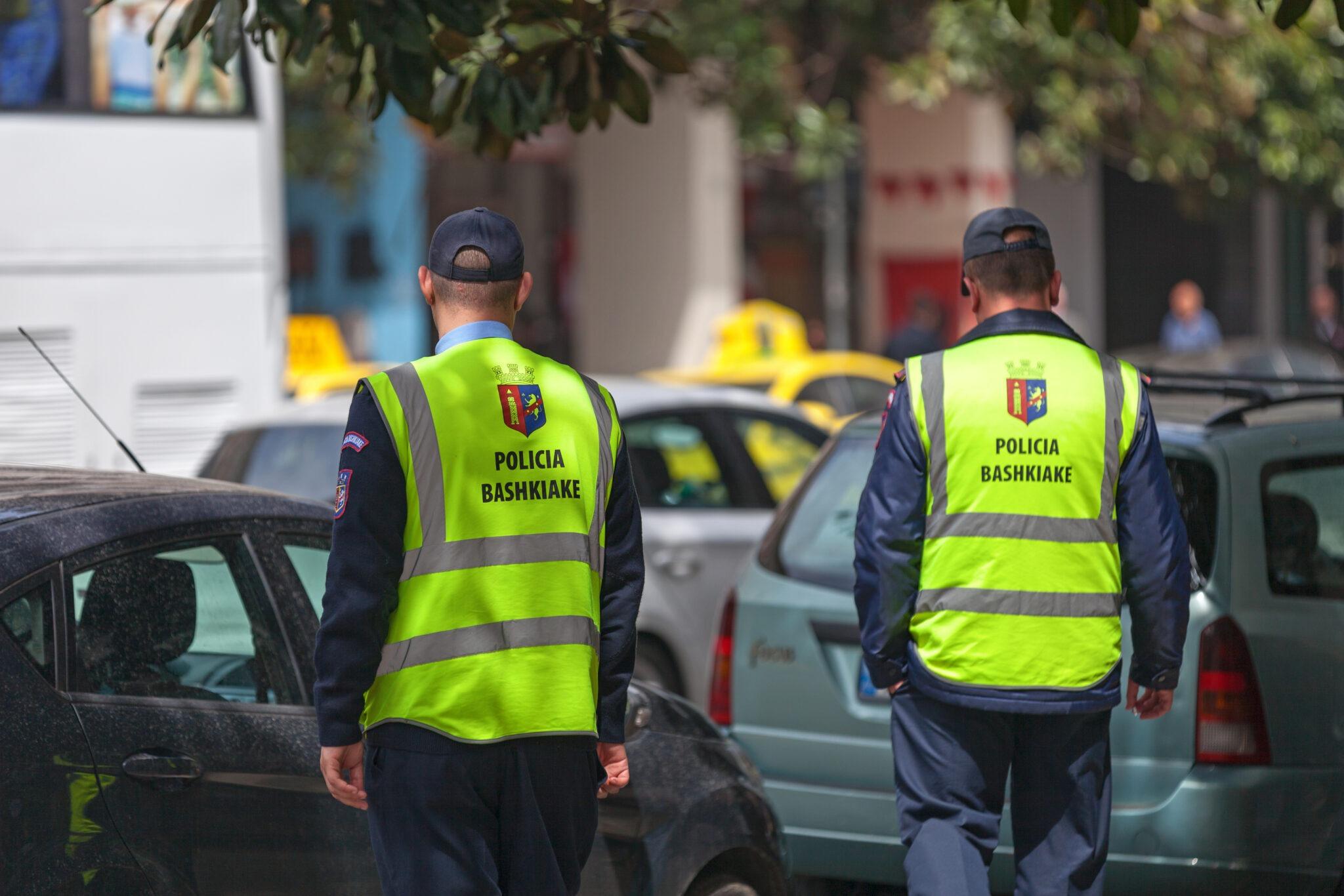Vice President JD Vance sparked controversy during a Michigan rally on Tuesday, September 17, 2025, when he made jokes about deadly U.S. military strikes on boats in international waters that have reportedly killed at least 14 people. The comments came as criticism mounts over the legality of President Donald Trump’s ordered airstrikes on alleged Venezuelan drug smuggling vessels in the Caribbean.
Speaking at a stamping plant in Howell, Michigan, approximately one hour from Detroit, Vance recounted a conversation with Secretary of War Pete Hegseth, who reportedly told him that drug boats had stopped coming into the country. “Hell, I wouldn’t go fishing right now in that area of the world,” the vice president said, drawing muted laughter from the crowd.
The Trump administration has ordered at least three bombings of vessels in recent weeks, with the president claiming the boats were operated by extremely violent drug trafficking cartels transporting illegal narcotics. Trump announced the most recent strike on Monday, September 16, 2025, reporting the killing of three men in what he described as an attack against extraordinarily violent drug trafficking cartels and narcoterrorists.
Earlier this month, Trump reported killing 11 others in a strike against what he characterized as Tren de Aragua narcoterrorists. The administration has classified Tren de Aragua and other gangs as designated foreign terrorist organizations, though it has provided few details about how the attacks were carried out or what drugs were allegedly on board.
The strikes have drawn sharp criticism from both sides of the political aisle. Senator Rand Paul rebuked Vance’s earlier dismissive comments about the attacks, calling it despicable and thoughtless to glorify killing someone without a trial. Democratic Senator Jack Reed, the top Democrat on the Senate Armed Services Committee, condemned the strikes as an outrageous violation of law and a dangerous assault on the Constitution in a statement released Monday.
Legal experts have questioned the administration’s authority to conduct such strikes. Duke University law professor Charles Dunlap indicated that while there might be legal paths for the strikes, the administration’s lack of transparency about their justification was problematic. Maritime drug laws typically require drug smugglers’ vessels to be seized by the Coast Guard rather than destroyed.
Venezuela has disputed the administration’s characterization of the targeted vessels. The country’s interior minister, Diosdado Cabello, stated on state television that investigations revealed none of the 11 people killed in the first strike belonged to Tren de Aragua or were drug traffickers. Venezuela has called the strikes provocations and argued that at least one vessel was actually a fishing boat.
In a letter to the White House, Virginia Senator Tim Kaine and 24 other Democratic senators demanded more information about the strikes, stating the administration had provided no legitimate legal justification for the military action. The senators expressed concern about the use of U.S. military power in international waters without proper authorization.
Vance, a Marine veteran who describes himself as a child of the war on terrorism era, defended the administration’s approach during the rally. He expressed pride in having a president who would send the military to target cartels that threaten Americans. The vice president argued that a dedicated military and commander-in-chief focused on national interests could achieve such results.
The controversy reflects broader tensions over the Trump administration’s approach to combating drug trafficking. Trump has framed the strikes as part of a narrative that the United States is under attack from foreign criminal networks, particularly Venezuelan cartels. However, critics argue the attacks violate international law and constitutional principles governing the use of military force.
Two days after the first boat strike, Trump sent a letter to Senate President Pro Tempore Chuck Grassley notifying him of the action and warning of potential further strikes. In the letter, Trump argued that drug trafficking cartels posed a threat to national security and foreign policy interests, justifying military action as self-defense against states unwilling or unable to address continuing threats from their territories.
Social media users criticized Vance’s comments about the strikes, with some arguing that countries lack the right to shoot down vessels in international waters without legal justification. Others expressed concern about the administration’s apparent enthusiasm for violence and questioned whether officials knew if they were targeting drug dealers or innocent fishermen.
The strikes have raised concerns about potential military escalation with Venezuela and other nations in the region. Reed warned that Trump risks igniting a broader conflict through the unauthorized attacks on vessels in international waters. The administration’s classification of various gangs as terrorist organizations has provided legal cover for military action, though legal scholars continue to debate the constitutional authority for such strikes without congressional authorization.







